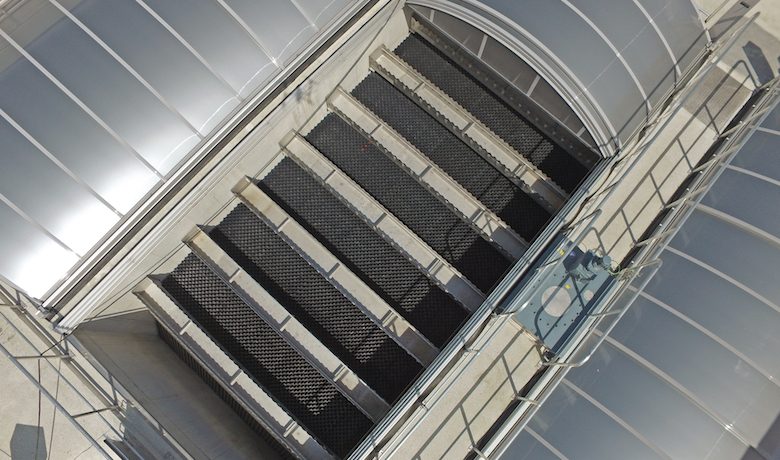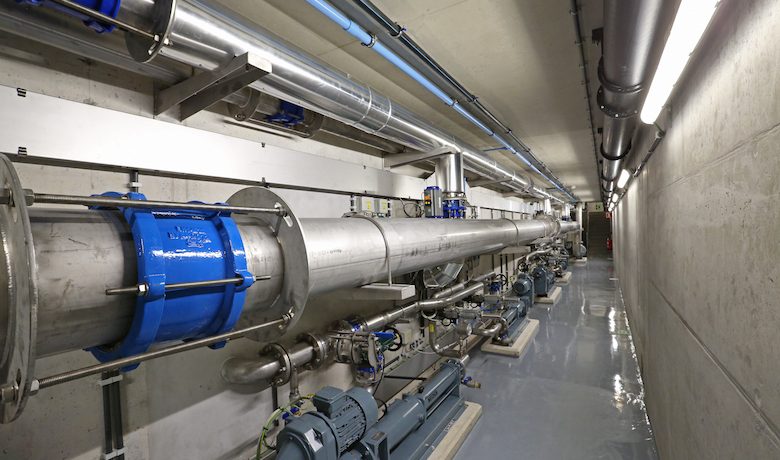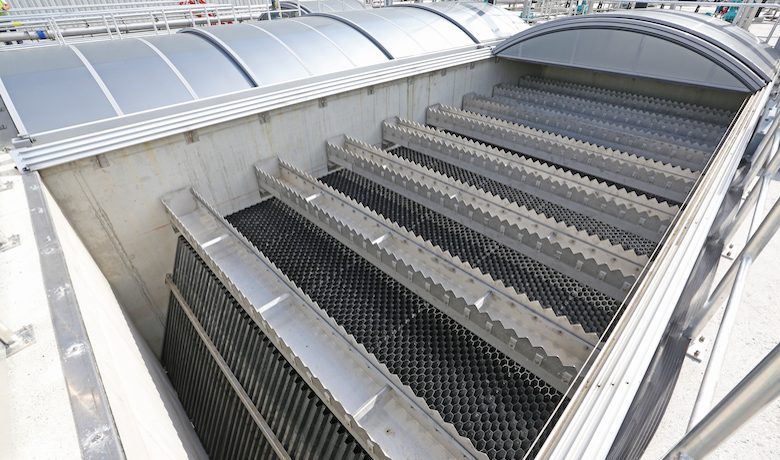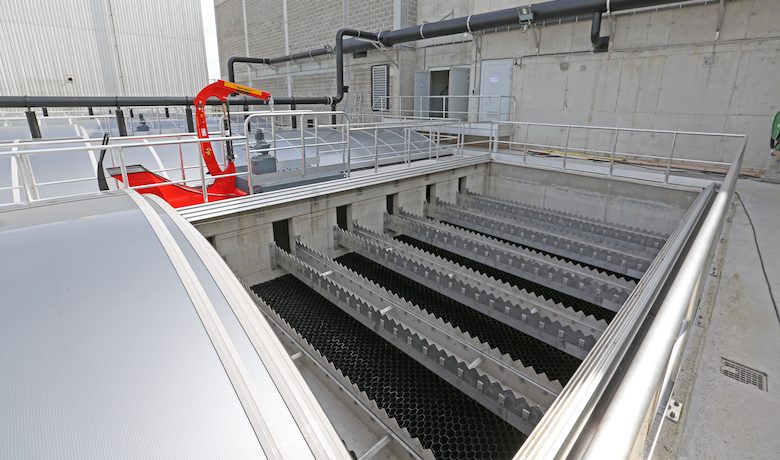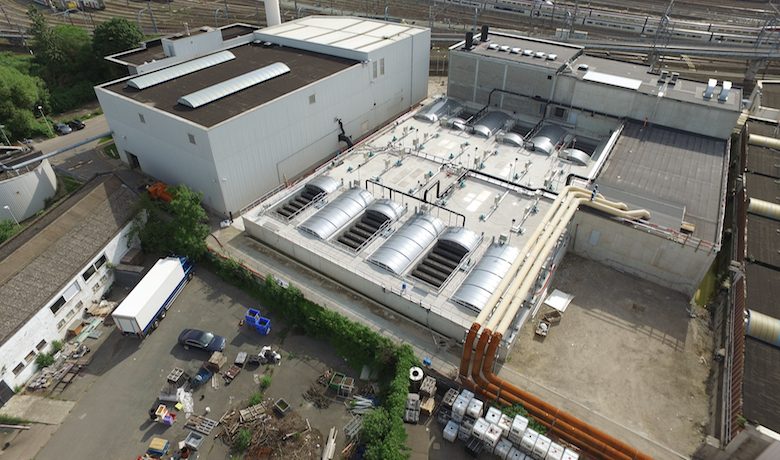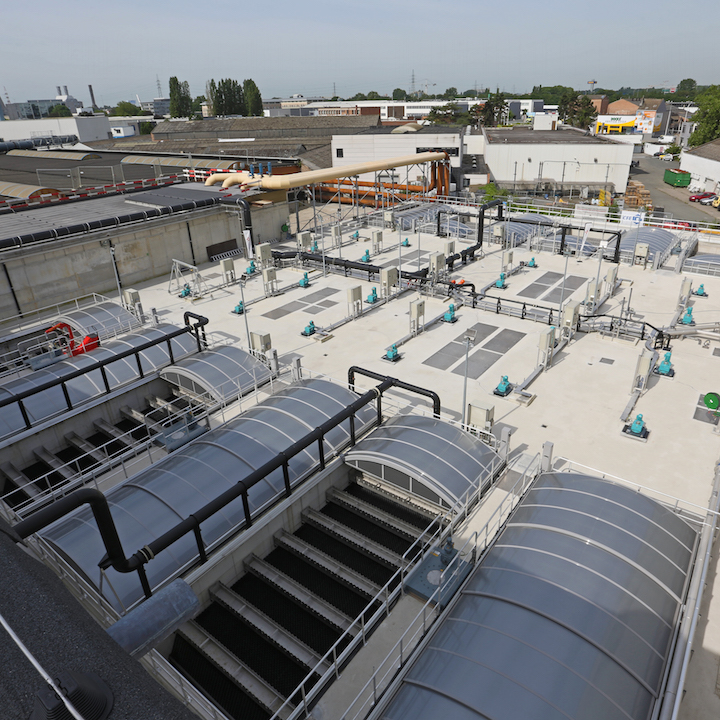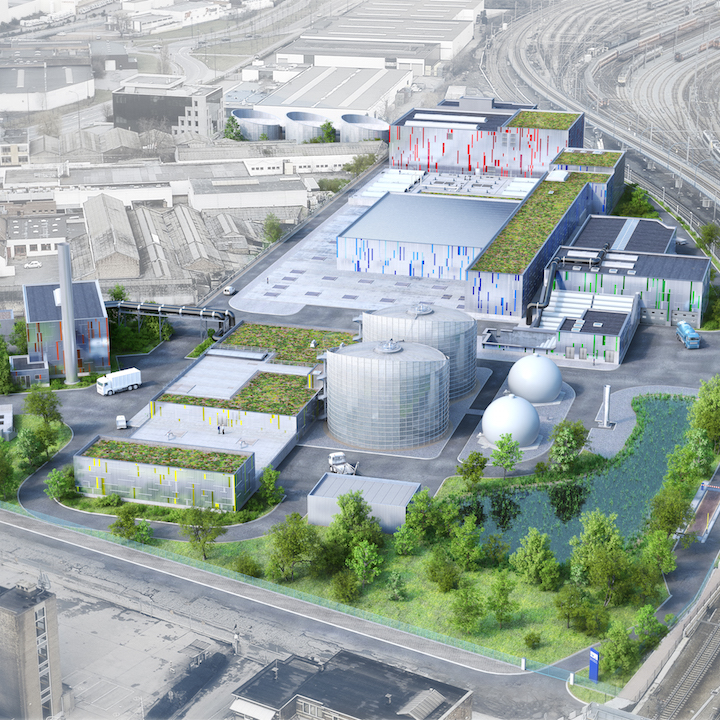BACKGROUND
In efforts to restore the Senne River’s original water quality, a filtration scheme was devised to treat wastewater. Agreements between the regions of Brussels and Flanders led to a cogent filtration scheme in early 1990 with the implementation of two filtration plants, one to south of Brussels and the other to the north.
The first plant, Brussels South, located at the border between the communes of Anderlecht and Forest, was opened in July 2000. Subsequently, we were mandated to upgrade it. This project began in 2014 and will be completed in 2017.


